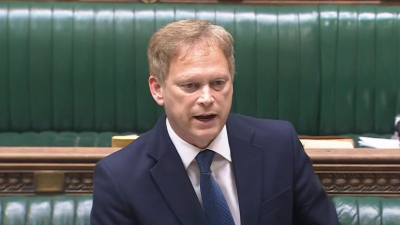Binance's Fall from Grace: Changpeng Zhao Incarcerated for Money Laundering Oversight
Changpeng Zhao, Former Binance Chief, Receives 4-Month Jail Term for Money Laundering Oversight
In a landmark ruling, Changpeng Zhao, the once-revered head of the world's foremost cryptocurrency exchange, Binance, has been sentenced to a four-month prison term for his role in enabling money laundering activities. The verdict, delivered in a Seattle court, marks a significant chapter in the saga of CZ, as he's known in the crypto community, who stood accused of violating US anti-money laundering laws aimed at thwarting terrorist financing and transactions to sanctioned nations.
While prosecutors sought a harsher punishment—a three-year sentence, twice the federal guidelines—Zhao's sentence fell short of their demands, much to the chagrin of those seeking a stringent precedent in the crypto space. Despite the multimillion-dollar fine already settled by Zhao, amounting to $50 million, he retains his status as a billionaire, reigning as the wealthiest figure in the crypto realm, according to Forbes estimates pegging his fortune at $33 billion.
Expressing remorse before the bench, Zhao conceded his shortcomings, stating, "I failed here. I deeply regret my failure and I am sorry." However, Judge Richard Jones rebuked him, emphasizing his capacity and resources to ensure regulatory compliance, making clear his failure to uphold these obligations.
This case marks the second high-profile incarceration of a crypto magnate, following the recent conviction of FTX's founder, Sam Bankman-Fried, who received a staggering 25-year sentence for embezzling billions from a defunct crypto exchange. Bankman-Fried has contested his conviction and sentence, signaling a protracted legal battle in the crypto sphere.
Zhao's fall from grace commenced in November when he relinquished his position at Binance, acknowledging the company's evasion of US regulatory mandates under the Bank Secrecy Act. Binance's transgressions, including its failure to report over 100,000 suspicious transactions linked to terrorist entities, underscored the "wild west" ethos pervading the exchange, as characterized by prosecutors. Moreover, allegations of facilitating the sale of illicit content and profiting from ransomware attacks further tarnished Binance's reputation, cementing Zhao's descent from a crypto titan to a convicted felon.
In conclusion, the mounting legal challenges confronting Binance underscore a pivotal moment in the trajectory of cryptocurrency regulation. As the US Justice Department intensifies its crackdown on illicit activities within the digital currency space, exchanges like Binance face heightened scrutiny and legal ramifications. The outcome of these legal battles will not only shape the future of Binance but also set precedent for regulatory oversight across the entire cryptocurrency industry. Stakeholders must brace for an era of increased scrutiny and compliance as authorities seek to establish a framework that balances innovation with investor protection and regulatory integrity.







